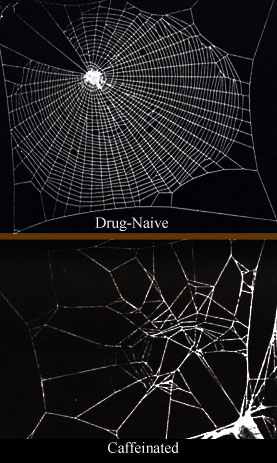Top Qs
Timeline
Chat
Perspective
Drug naïvety
Lacking habituation or tolerance to pharmacological agents From Wikipedia, the free encyclopedia
Remove ads
Drug naïvety is the physiological state of non-habituation or non-tolerance to either a specific drug or broader set of drugs related by pharmacological criteria.[1] The term applies to the administration of psychotropics in contexts ranging from the professional medical treatment of patients to the non-medical abuse of any drug, as well as the veterinarian.
This article needs additional citations for verification. (December 2009) |

In addition to not being habituated, a drug-naïve person may have never received a particular drug. The same dose could be lethal for a drug-naïve person while having little effect on a heavily habituated person. In a medical context drug-naïveté is important considering medication dosage (pain medication, anxiety medication, anaesthesia, etc.), as the level of habituation affects a patient's baseline resistance to the effects of such medications.
Remove ads
See also
Notes and references
Wikiwand - on
Seamless Wikipedia browsing. On steroids.
Remove ads
